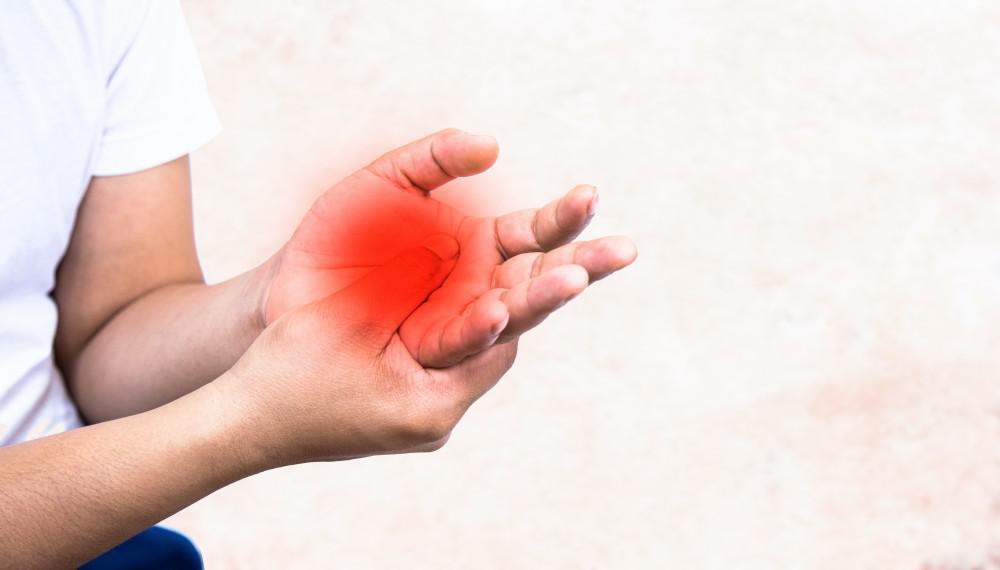
Living With Neuropathy (And What You Can Do About It)
Your nervous system is a complex structure that functions like electrical wiring. It has two primary parts: your central nervous system — the brain and spinal cord — and your peripheral nervous system, which consists of the nerves branching out all over your body. Together, this collection of specialized cells and nerves sends vital signals that control three functions: sensory information, muscle movement, and automatic functions, such as heart rate, digestion, and blood pressure. When you are living with neuropathy, nerves in your peripheral nervous system sustain damage or malfunction. As a result, you can develop several uncomfortable symptoms, depending on which nerves are affected.
At Florida Medical Pain Management, with three convenient locations in St. Petersburg, New Port Richey, and Spring Hill, Florida, our experienced team understands the complicated nature of neuropathy and how it can impact your quality of life. If you recognize these symptoms, we have solutions that can help.
Recognizing the signs of neuropathy
Since your peripheral nervous system plays a role in your senses, muscle control, and auto functions, neuropathy can cause a variety of symptoms. A few signs of this condition include:
- Increased sensitivity to touch or pain
- Burning, tingling, numbness, or stabbing pain, especially in the hands, arms, legs, or feet
- Muscle weakness, lack of coordination, or paralysis
- Intolerance to heat
- Sweating too much or too little
- Digestive issues
- Loss of bladder or bowel control
- Changes in blood pressure, leading to lightheadedness
Neuropathy can also impact a single nerve, several nerves in different areas, or multiple nerves throughout your body.
Managing neuropathy
The first step to managing neuropathy includes identifying what’s causing your symptoms and determining the nerves that are affected.
Common causes and risk factors for neuropathy include:
- Alcoholism
- Exposure to toxins, such as heavy metals and industrial chemicals
- Medications, especially chemotherapy for cancer treatment
- Nerve trauma, pressure, or repetitive motion
- Vitamin deficiencies
- Viral or bacterial infections
- Conditions, such as diabetes, autoimmune diseases, or bone marrow disorders
- Inherited disorders
- Tumors
Sometimes, treating the underlying cause alone can help lessen or eliminate the symptoms of neuropathy. Likewise, without treatment, your nerve damage could worsen, which could intensify your symptoms and cause irreversible damage.
Finding relief from neuropathy symptoms
At Florida Medical Pain Management, our team focuses on comprehensive approaches for managing neuropathy. After diagnosing your risks, we’ll outline a personalized approach to help you manage your condition. Parts of this approach may include eating a healthy diet high in B vitamins, exercising regularly, and avoiding things that could lead to nerve damage. We may also suggest any of the following:
- Medications, such as pain relievers, anti-seizure drugs, or antidepressants
- Topical creams or lidocaine patches
- Transcutaneous electrical nerve stimulation (TENS)
- Regenerative medicine treatments, such as platelet-rich plasma therapy
- Physical therapy
If you have neuropathy symptoms because of pressure on a nerve, we may also recommend surgical intervention.
To learn more about living with neuropathy and managing your symptoms, book an appointment online or over the phone with Florida Medical Pain Management today.















